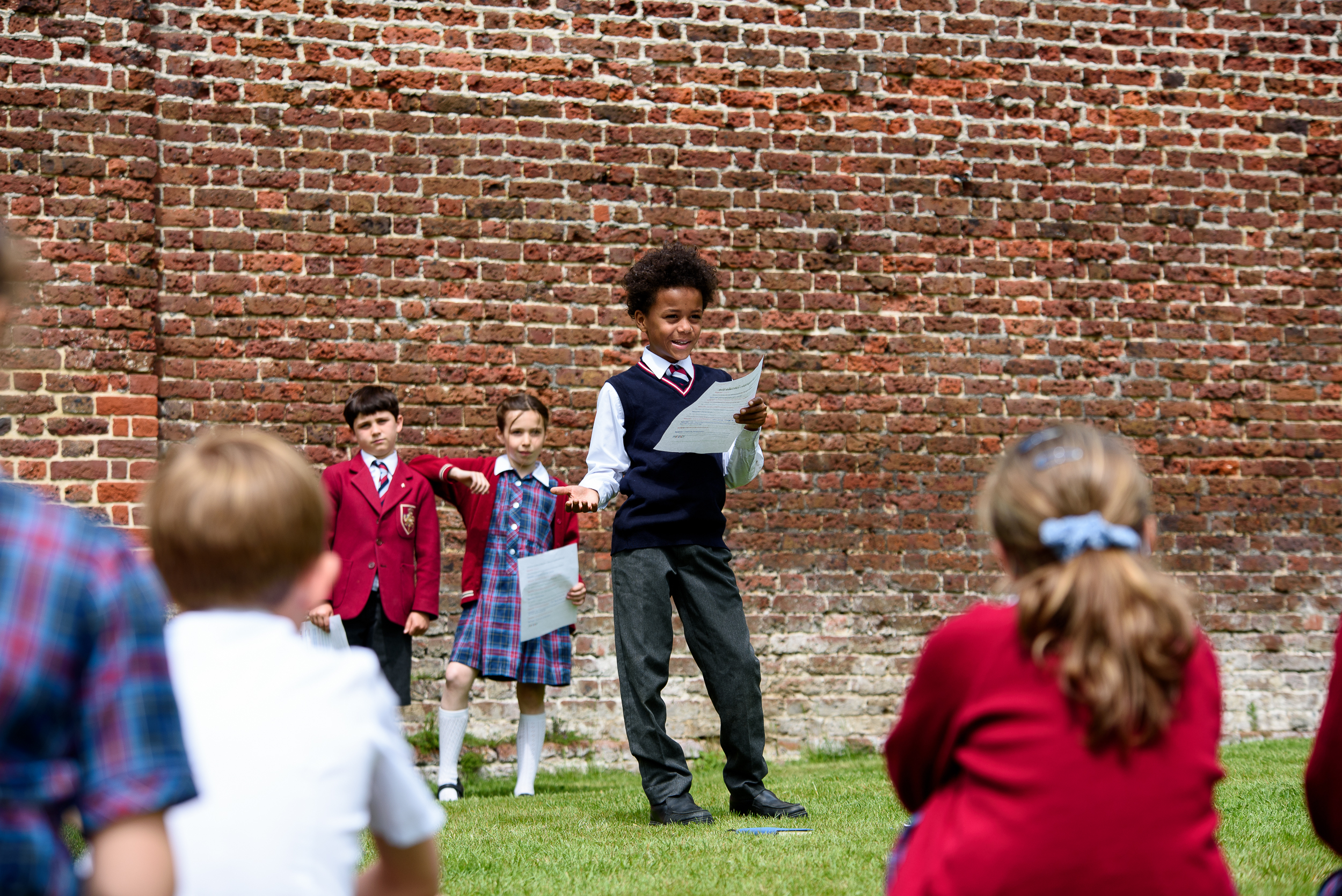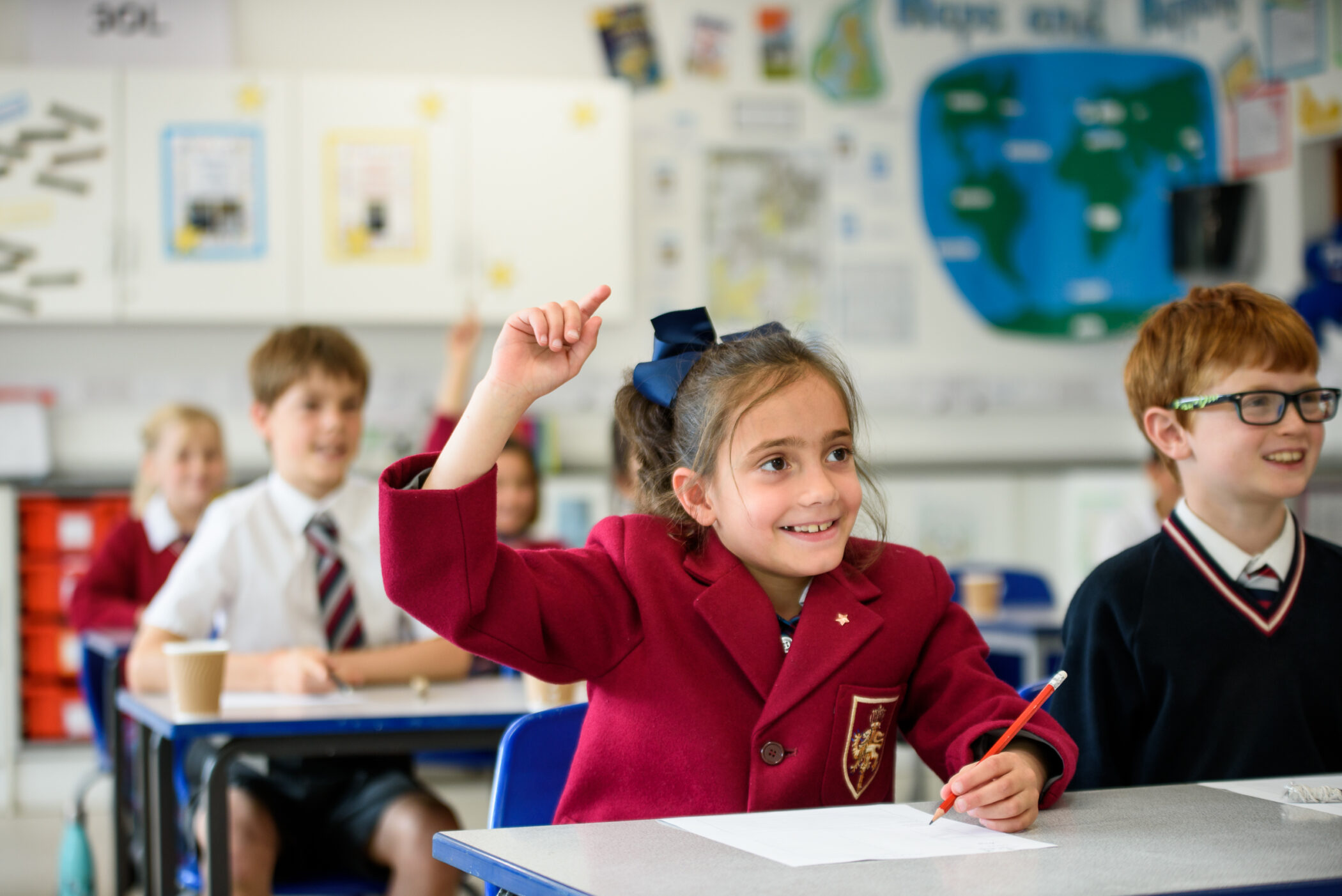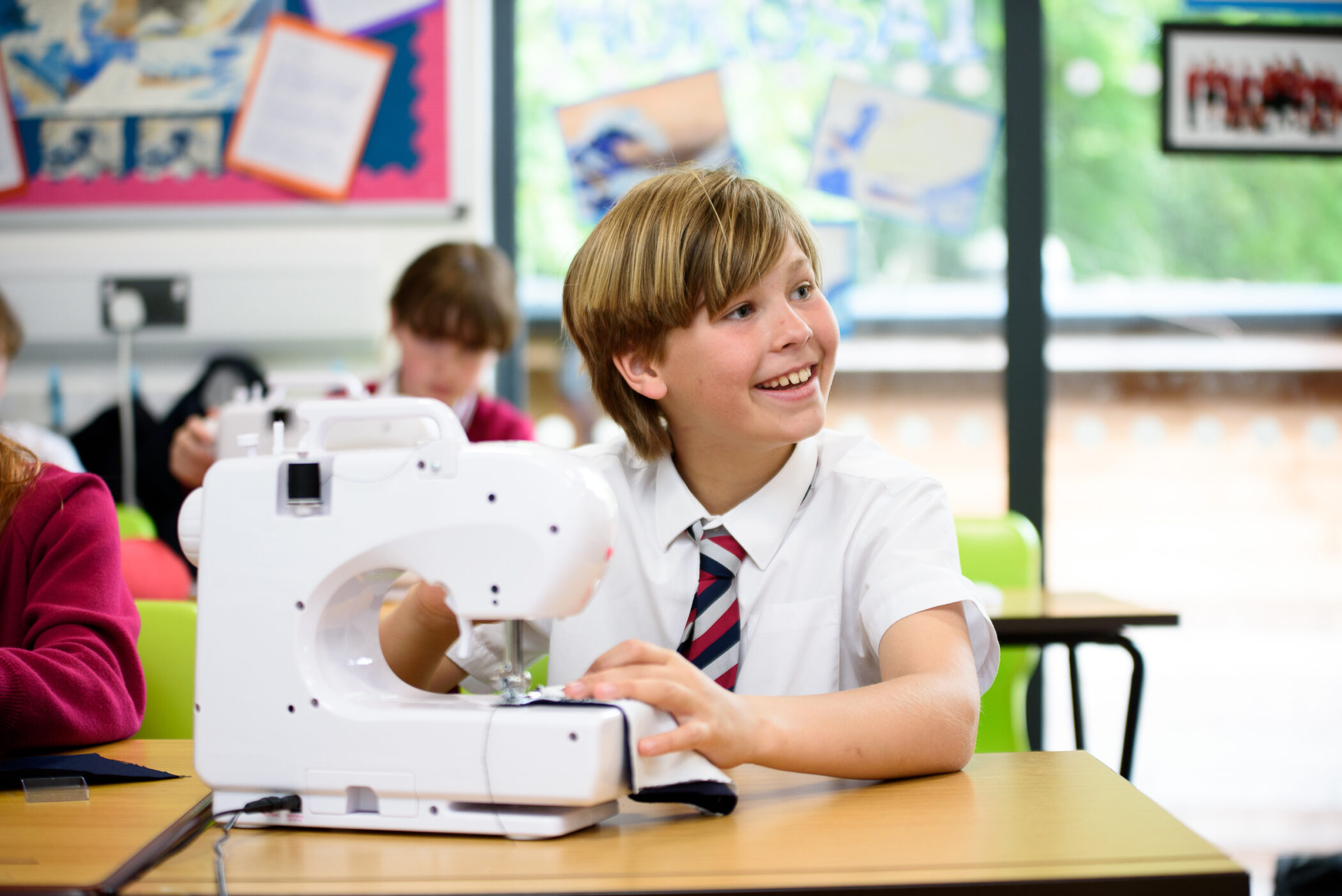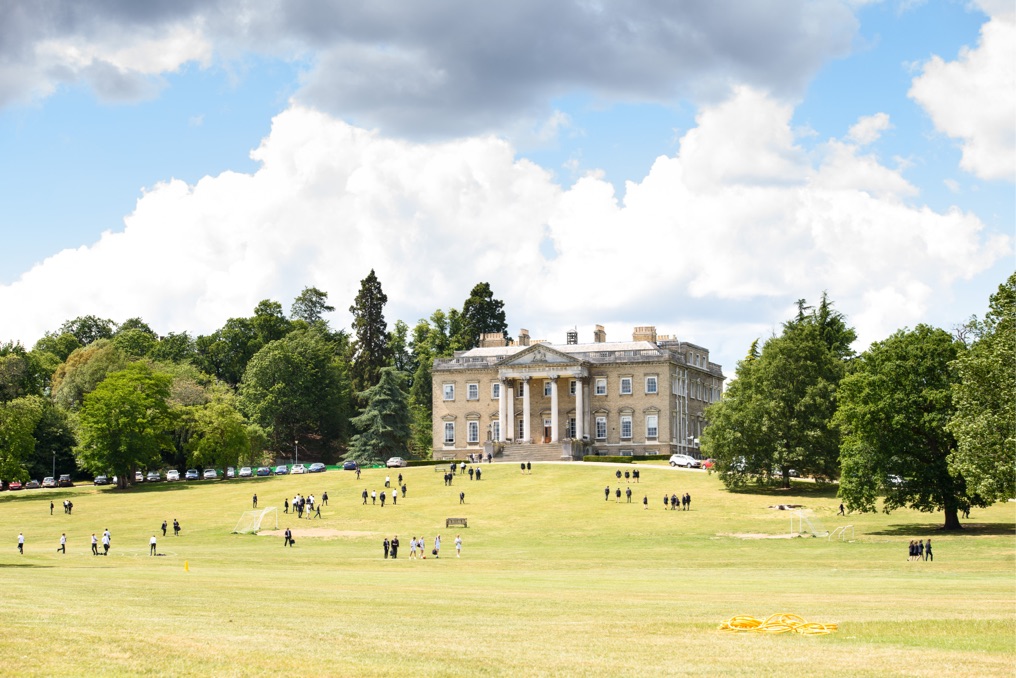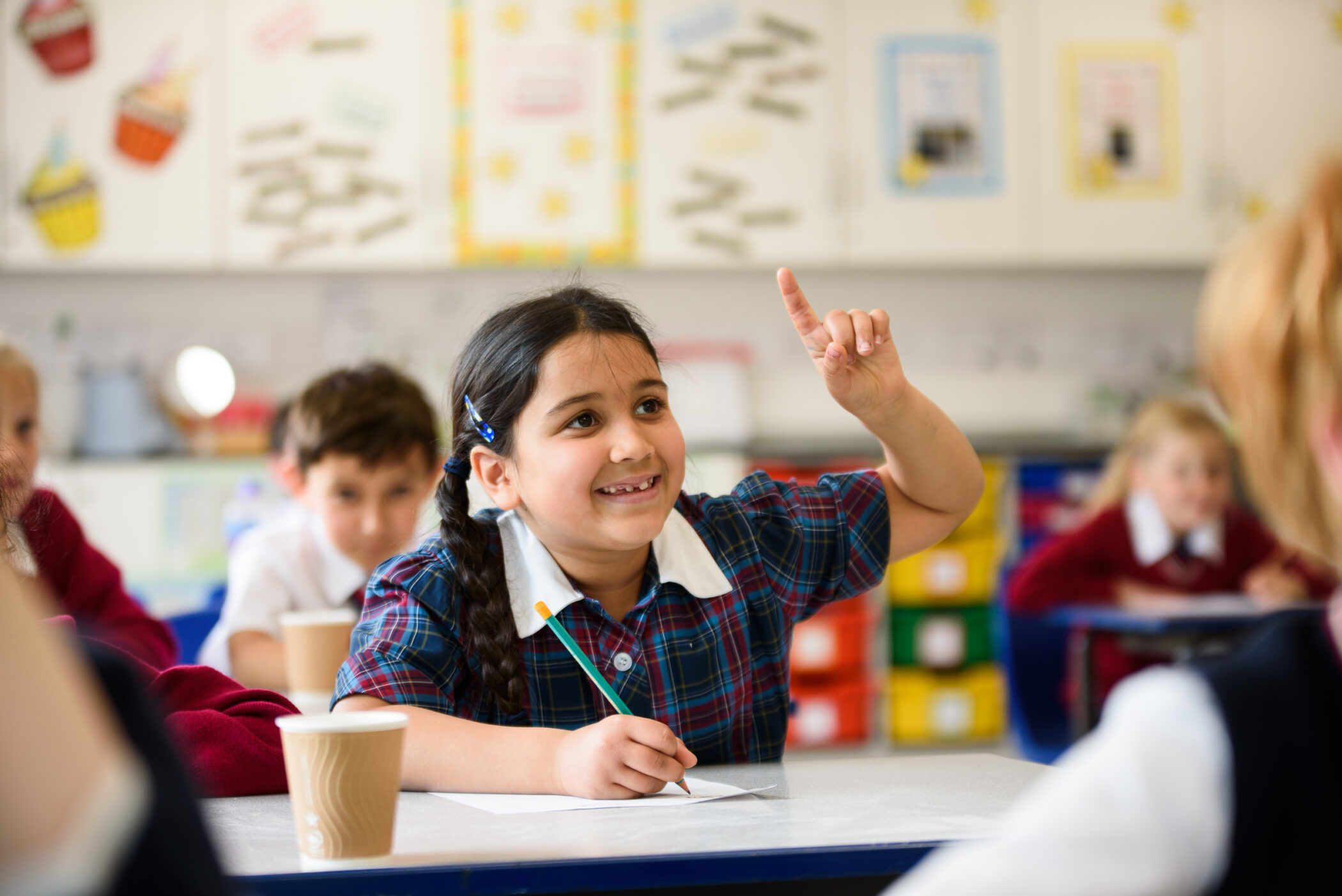In our Junior School, aspirations are high and character is developed; our pupils embrace life’s challenges with confidence and joy.
We have created a Junior School Portfolio (JSP) – a unique blend of activities, both curricular and co-curricular, that enable our pupils to become inquisitive and active learners. It encourages pupils to develop confidence and curiosity, communication and problem-solving skills, leadership and team building. Perhaps most importantly, it places equal emphasis on creating individuals who are kind and caring towards each other, their community and the wider environment.
It allows our teaching staff to use their own talents and specialisms to be creative in their approach to lessons, and for a wide breadth of activities outside of a more standard curriculum. This includes anything from Magic Club to chess, coding to bushcraft, judo to cheer-leading – alongside a diverse and high-quality academic provision.
As a tiered, measurable system, the JSP allows every pupil to experience success at their own level. Our graduation ceremony at the end of Year 6 is a joyful celebration of all that the children have enjoyed during their years at the Junior School.
The Junior School Portfolio
The Junior School Portfolio (JSP) evidences our unique blend of activities, both curricular and co-curricular, that enable our pupils to become inquisitive and active learners. It encourages the development of children who are: confident and curious; skilled communicators; creative problem-solvers; leaders and team players; and individuals who are kind and caring towards each other, their community and the wider environment. The portfolio is broken down into 6 key categories: outdoor and active, academic, world and culture, the arts, science and technology and citizenship.
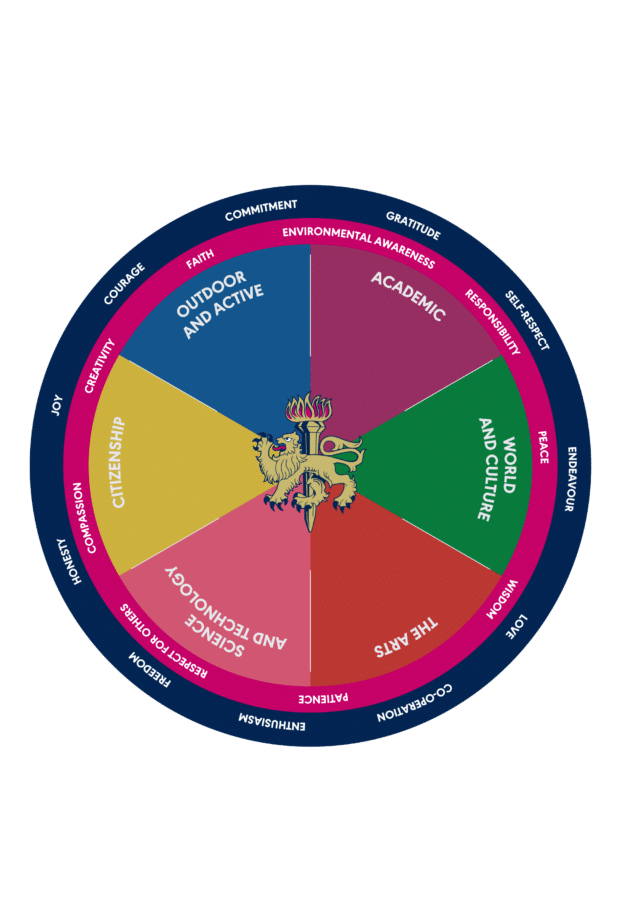
Academic
Our curriculum challenges learners of all abilities to achieve more than they believed possible. We pride ourselves on our ability to stretch and motivate every child, inspiring a sense of curiosity and encouraging a mind-set which embraces challenge.
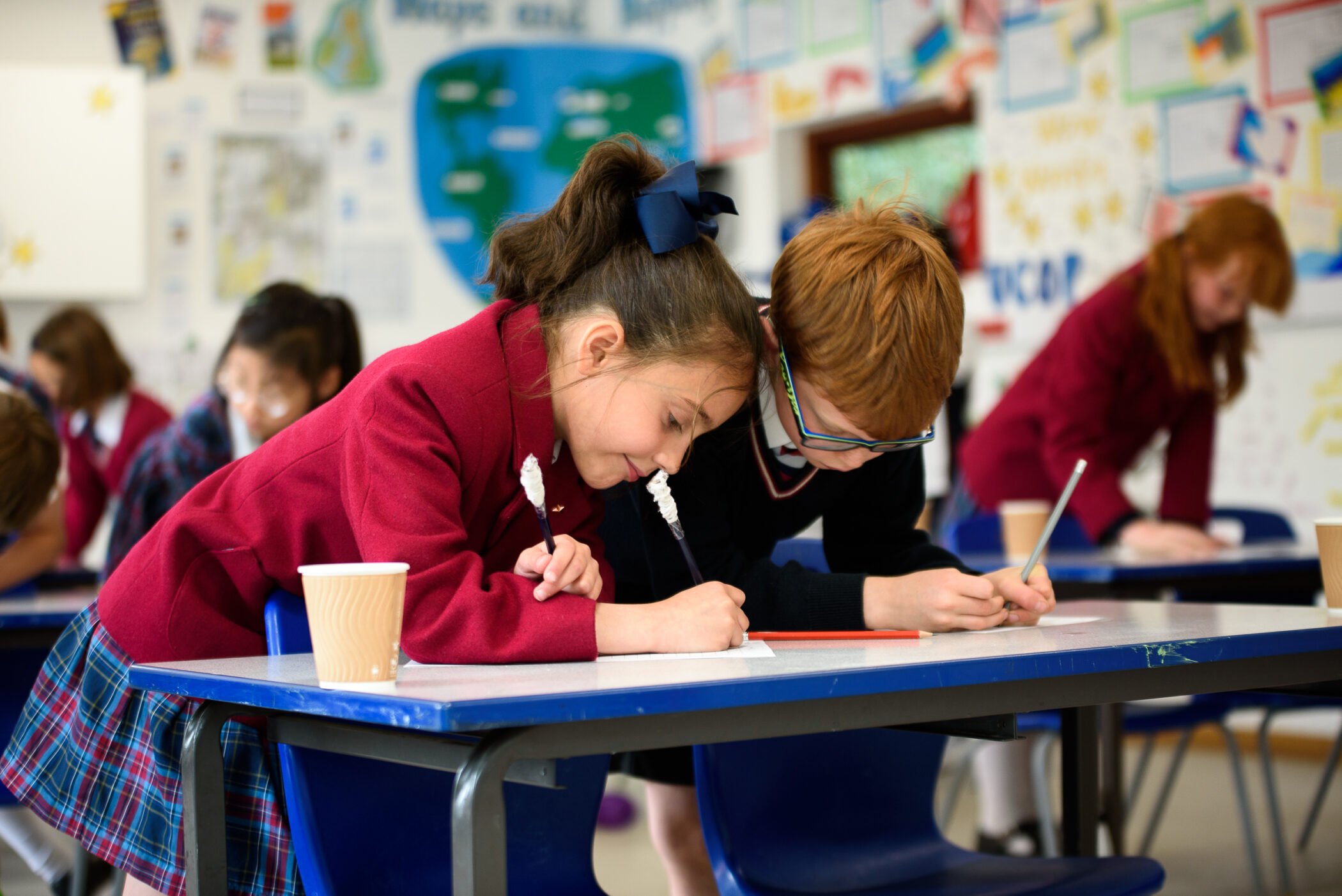
Learners of a broadly average standard and above are well served with our gifted, talented and interesting programme of engaging curricular and character-defining activities to extend areas of strength. Equally, the support of a designated SENCO and assistant SENCO, as well as a highly-qualified team of visiting specialist staff, cover any additional needs our pupils may have. Ultimately, we aim to prepare pupils for a smooth transfer to senior school at the end of Year 6. Teaching is predominantly in mixed ability classes, although ability setting in mathematics and elements of English also allow the children to progress at an appropriate rate. Specialist staff for modern foreign languages, PE and games, music and technology complement our excellent class teaching team and ensure that our rounded academic provision is of the highest quality.
Our pupils consistently receive recognition for their academic performance in the form of 11+ scholarship awards, both in our own Senior School and offers made by other schools.
Spring 2025 curriculum maps
Science and technology
We believe that science and technology fuel our children’s imaginations and broaden their horizons. We are delighted to have our own science laboratory and to have secured the Primary Science Quality Mark award. Science is taught by semi-specialist teachers, all of whom have demonstrated achievement and enthusiasm in this subject.
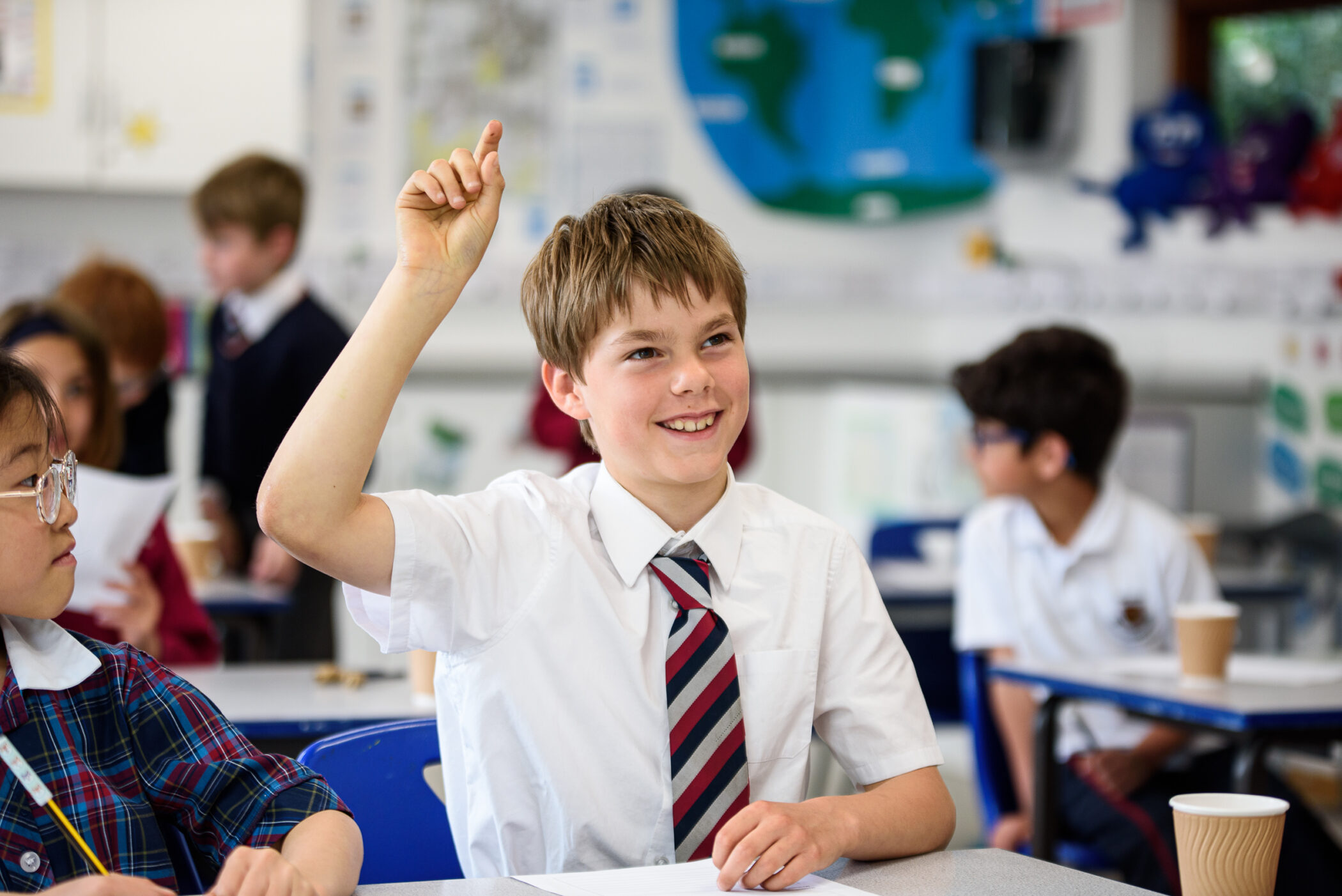
There is a strong emphasis on the teaching of scientific process skills and learning through hands on experimentation. Clubs and competitions are provided by staff, expert parents and enthusiastic pupils.
From Year 4 onwards the children all have their own laptop which they use with increasing proficiency as a tool to support their learning and communicate their understanding. Coding is taught as part of a specialist rotation and our own IT department provides a valuable source of knowledge and expertise to help us develop the children’s skills. The school also has a wealth of equipment that can be used for specific teaching, including class sets of iPads and photographic equipment.
The Arts
We believe that practising creativity helps inspire our children to become courageous, inquisitive learners. Music is delivered by a specialist teacher with a strong emphasis on performance, and our children relish in the opportunity to showcase their talents in end of term concerts and special assemblies. An annual calendar feature is the Barnardo’s charity concert at the Royal Albert Hall, where our pupils have regularly been selected as soloists. There is a strong emphasis on the pleasure of making music, including a school-funded violin programme. Peripatetic lessons are available in violin, cello, double bass, harp, guitar, recorder, flute, piano, clarinet, trumpet, bassoon, saxophone, trombone and horn.
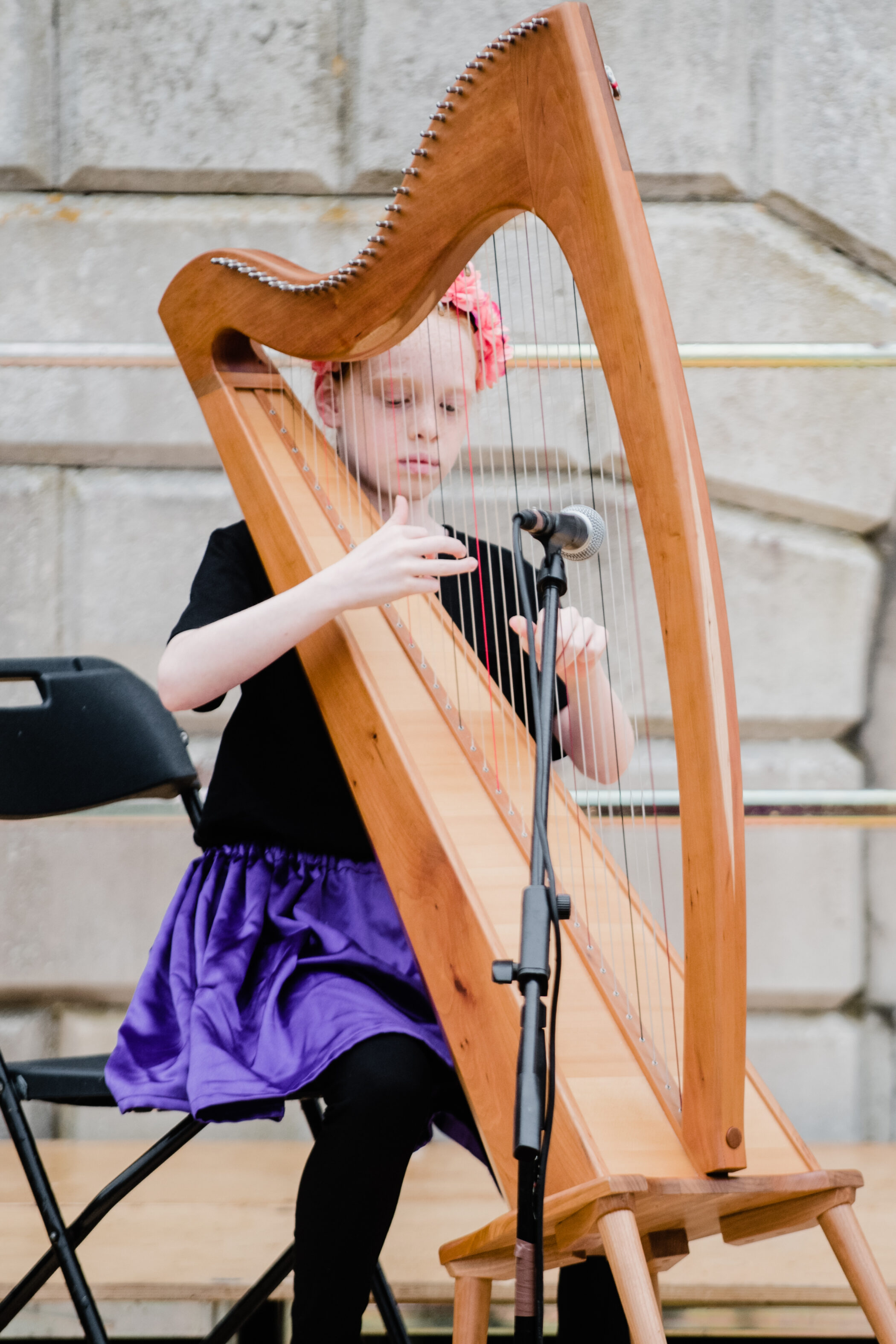
Drama is also taught weekly and the children develop their performance skills in drama and English Speaking Board lessons, as well as within our annual prose reading and poetry competitions. These skills are developed further in our end of year shows. The Year 6 production is an eagerly anticipated event; every child has a speaking part and the children work with a professional choreographer and musicians, as well as their class teachers, to produce a high quality spectacle that is a fitting celebration of their years at the Prep School. Many children choose to take additional lessons in speech and drama with a specialist and achieve highly in LAMDA and ESB examinations.
Art, textiles and design technology are taught, largely within our own specialist art room. The beautiful work on display is testament to the quality of teaching and the pleasure that the children derive from these subjects.
World and cultures
We believe that children should love and take pride in their own culture as well as respecting and tolerating that of others. History, geography and religious education are taught concurrently alongside philosophy and values education.
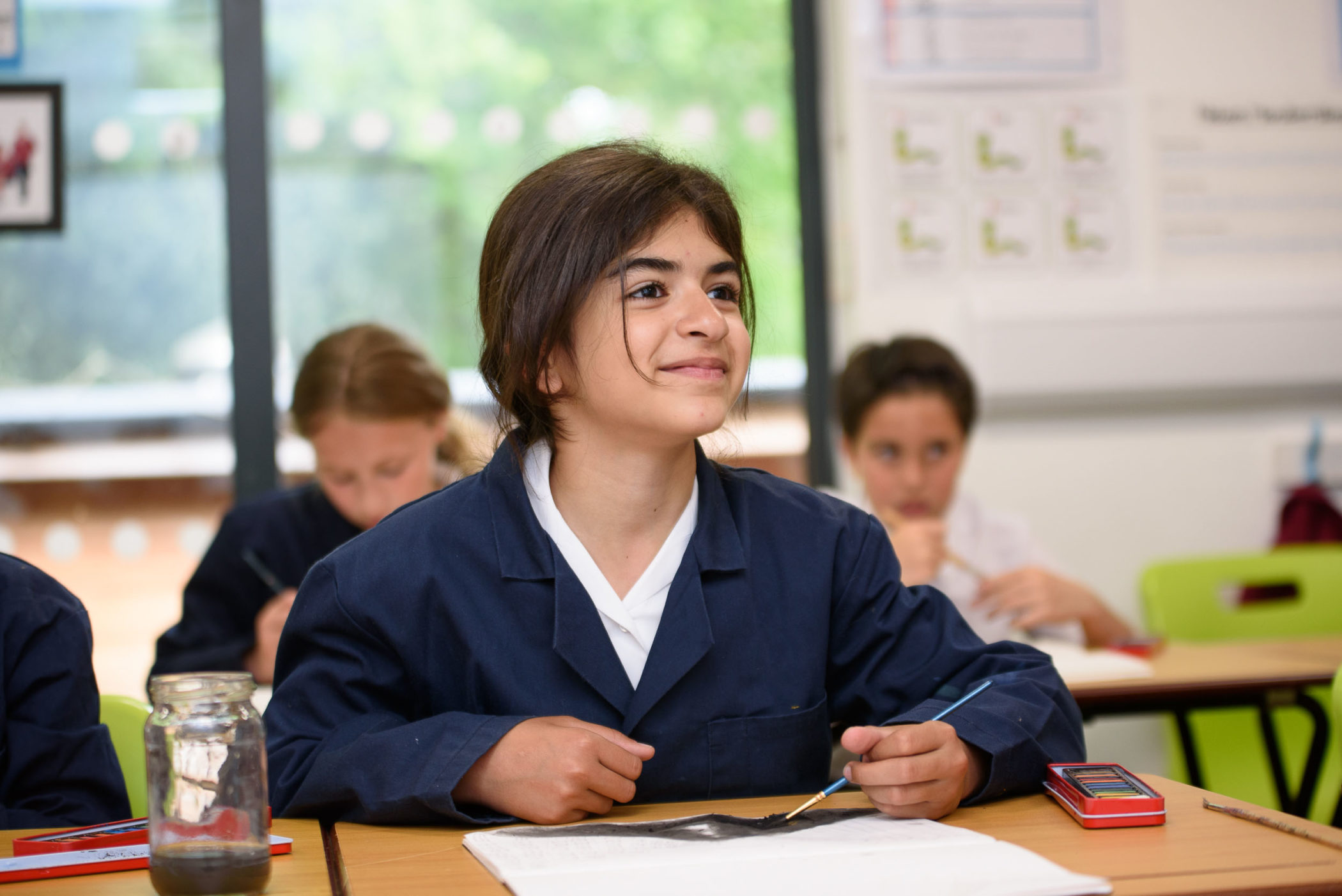
Through the delivery of these subjects, our children develop a wider understanding of themselves and their own cultural identity as well as broadening their knowledge of and respect for other cultures and traditions. Learning Spanish, French and Latin further widens the children’s empathy and sympathetic understanding of other cultures, in addition to providing a sound foundation in foreign languages, which is arguably one of the most highly valued twenty-first century skills.
School assemblies cover a broad range of spiritual, moral, social and cultural issues to widen the children’s awareness of the world.

